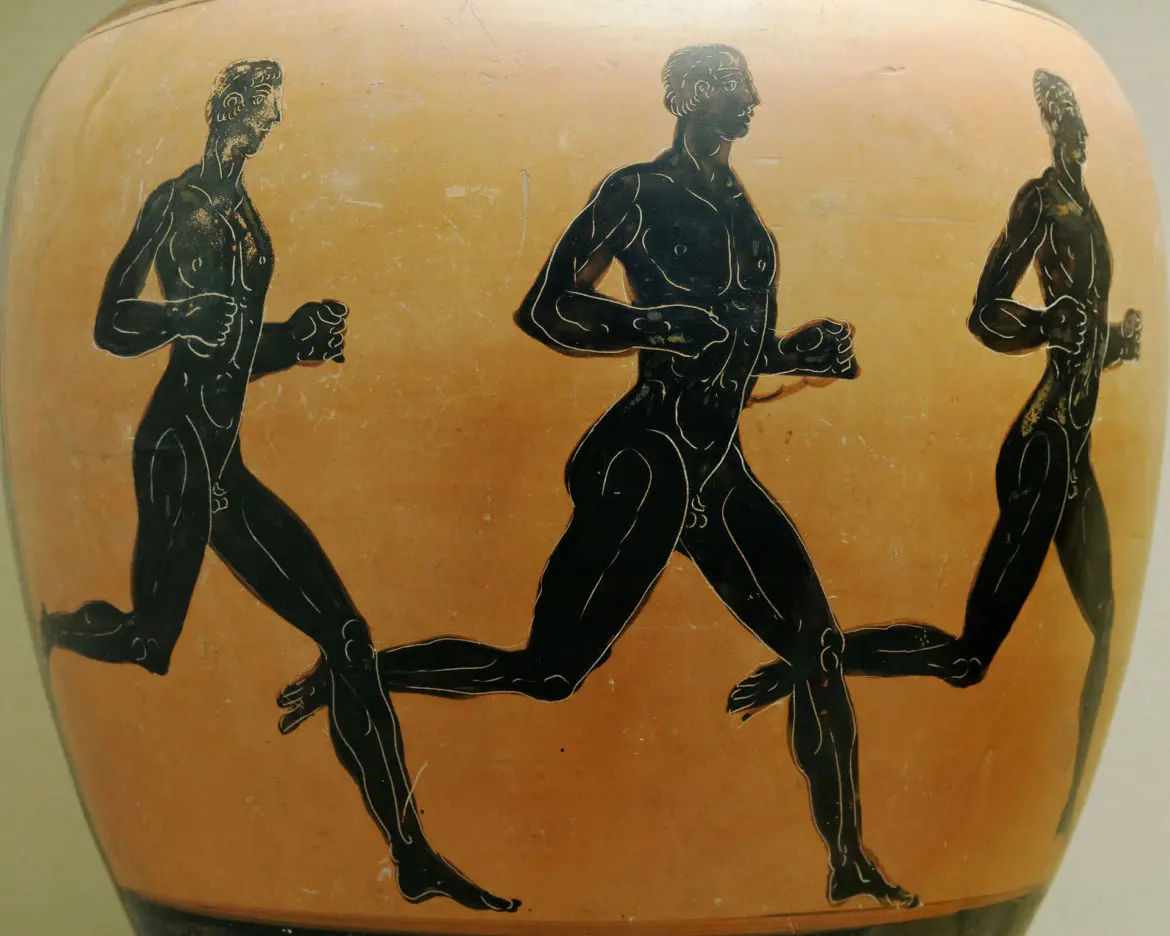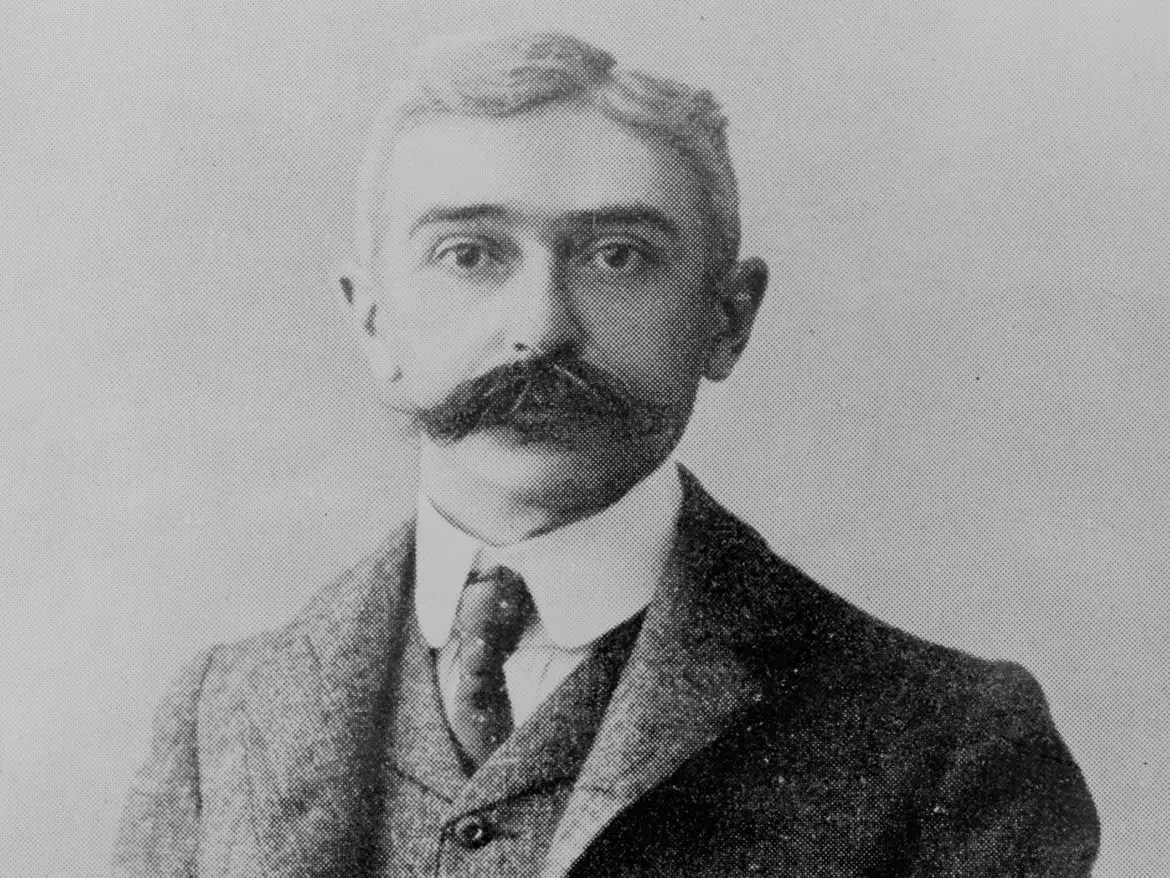The COVID-19 pandemic has caused hardship and heartache around the world, including the halt of live sporting events like the 2020 Olympic Games for fear of spreading the disease. In ancient times though, only one thing could stop the Olympic Games dead in their tracks: a rule from on high by a religious emperor.
Olympic athletes spend years dedicating themselves to their given sport in hopes of representing their country and winning an Olympic medal at these games. The postponement of these games is sad enough for many competitors.
The outright cancellation of these games can be downright heartbreaking.
Since the revival of the modern Olympic Games in 1896, the event has been cancelled only three times: World War I (1916) and World War II (1940, 1944).
The modern games have survived political upheaval, terrorist attacks and more. The ancient games made way for such hardships, such that modern politicians could learn a thing or two from their ancient counterparts.
Originally designed as a festival for Zeus, the ancient Olympic games began in 776 B.C. and continued for more than a thousand years. It was held in the district of Elis and some surrounding areas of ancient Greece. Only men could compete, and more brazenly, women couldn’t even watch the competitions. The first games saw over 300 athletes from 13 different nations compete, which isn’t very much compared to the 10,000-plus athletes who compete in the modern games.

The original games consisted of a footrace, with other games such as javelin, wrestling, disc throwing and even boxing added later on. Victors received crowns or olive leaf wreaths.
Each set of games was held every four years, or an olympiad. The competitions were considered so important that trade was suspended, and even during times of war an Olympic Truce was called.
The games even continued after the Romans conquered Greece.
That is until 394 A.D. when Roman emperor Theodosius I ordered the games be stopped. Why now, you might ask? Theodosius had converted to Christianity a decade before and saw the ancient games as a pagan celebration of the ancient Greek gods. In his eyes, the games were blasphemy.
So, in 393 A.D. the last official ancient Olympic Games were held. The names of those victors were lost to time. The final champion on record is from 365 A.D., an Armenian prince named Varazdates, who won a crown in boxing in the 291st olympiad. Varazdates would later be king of Armenia from 374 – 378 A.D.
Even Phidias’ great Statue of Zeus, one of the Seven Wonders of the Ancient World, was disassembled and sent to the emperor’s palace in Constantinople where it was destroyed in a great fire years later.
For 1,500-years the games weren’t held. But in 1892 a young French baron named Pierre de Coubertin proposed a revival of the games. He wanted to improve the physical fitness of his country men in case of war and considered sports to be a great source of moral energy (whatever that means).

In 1896, the modern Olympics were held, fittingly, in Athens, uniting the world in sporting competition once again.

